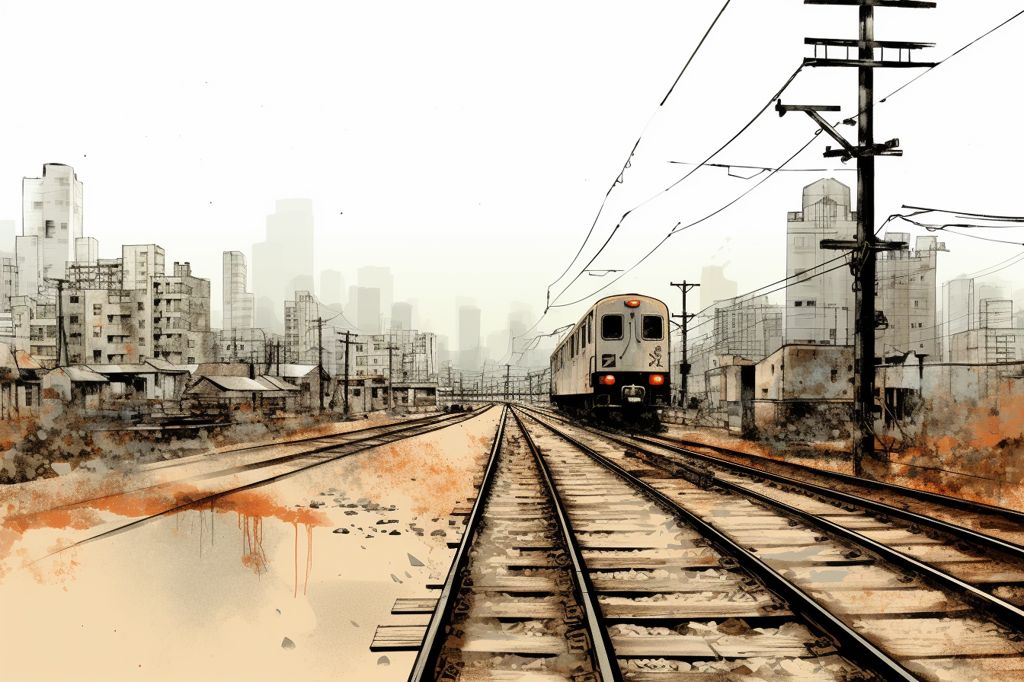The City of Cape Town is working closely with the Passenger Rail Agency of South Africa (Prasa) and the Housing Development Agency (HDA) in the development application process for the relocation of unlawful occupants on the central line. Despite being an independent planning authority, the city is impartially administering the application process under the Municipal Planning By-Law.
Background
Before the national Covid-19 lockdown, the central line experienced a series of land invasions. Prasa then sought an eviction order from the High Court after failing to secure its land against unlawful occupation. The court order led to Prasa appointing the HDA to handle land acquisition, planning approval applications, and relocation of the unlawful occupants.
According to the signed Intergovernmental Protocol agreement, Prasa and the HDA are responsible for the relocation process. The City of Cape Town’s role is limited to acting as a planning authority and providing basic services.
City’s Role
Despite its limitations, city officials have been actively engaging with Prasa and HDA’s planning consultants to support the development application submitted on 10 August 2023. The city has been assisting in passing compliance and completion checks for the submission.
It is crucial to note that the city was not the applicant in the eviction and is not the landowner of the unlawfully occupied line or the proposed land intended for relocation. Prasa and the HDA bear full responsibility for the relocation and obtaining the necessary funding and approvals for the project.
City’s primary goal
The City of Cape Town has communicated that it is not responsible for Prasa’s central line relocation program or the purchase of land for another government entity. Instead, the city’s primary objective is to resume train services in Cape Town and seek the devolution of passenger rail for the benefit of commuters.
Collaboration and Commitment
The collaboration between the City of Cape Town, Prasa, and the HDA demonstrates how different governmental entities can work together to tackle complex issues. The city’s support in the development application process is crucial for the successful relocation of unlawful occupants and the resumption of train services within the central line for the benefit of Cape Town’s residents.
In conclusion, the City of Cape Town is committed to ensuring a successful relocation process while maintaining its impartial role as the planning authority. The engagement between the City of Cape Town, Prasa, and the HDA serves as an example of effective collaboration among governmental entities in addressing complex issues.








